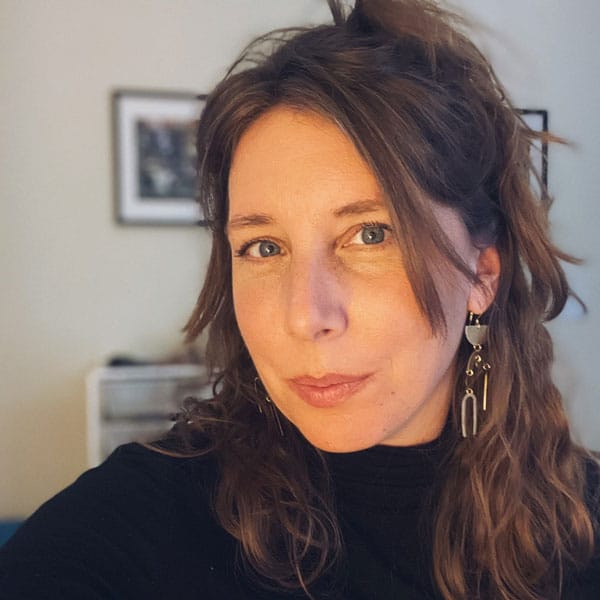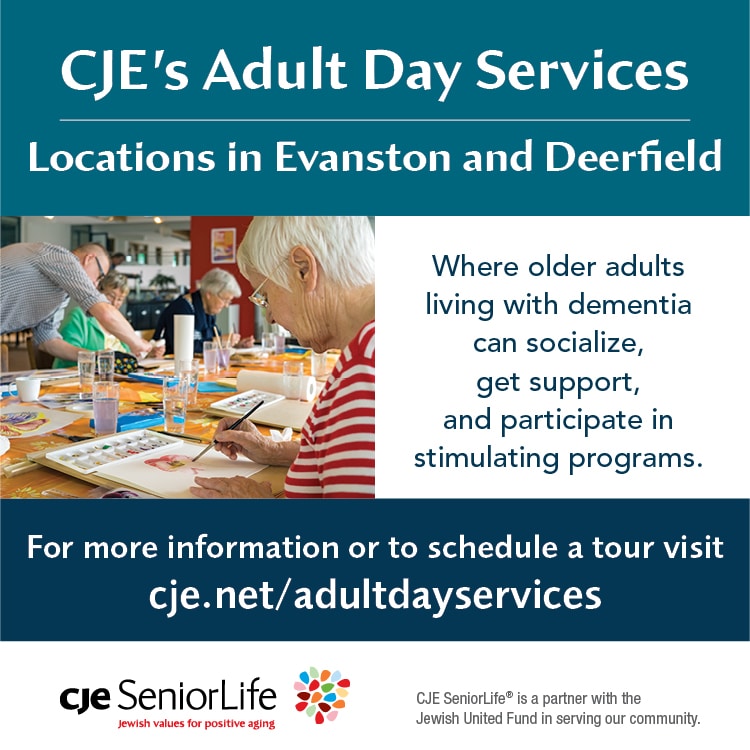Nurse home visits address maternal and infant health disparities
Nine-year-old Angela Ellison spent Christmas Eve 1969 sitting in a beauty shop in West Chatham. She was getting ready to visit her mother in the hospital. Ellison’s sister Claudette had been born a month earlier, but then their mother, Willie Mae, returned to the hospital with severe pain in her legs.
Every time Ellison tells this next part of the story, she tears up. She’s a mother herself now and remembers seeing her dad and aunts climb out of their car crying. She was confused. Why were they so upset? They would soon be together with Willie Mae — a happy time.
That time would never come. Through tears, Ellison’s father told her that Willie Mae had died of a blood clot.
Adolphus Hall, Ellison’s father, went on to raise his daughters on his own. He worked as a barber and doorman, cooked pasta and hot dogs, and combed Claudette’s hair into ponytails. “He spoiled us,” Ellison says.
While a natural part of life, pregnancy and childbirth come with potentially fatal health risks, including blood clots and high blood pressure (preeclampsia). Black women die of these conditions at six times the rate of white women in Chicago, according to a 2019 report from the Chicago Department of Public Health (CDPH).
Data from the Centers for Disease Control and Prevention also show that Black women are more likely to miscarry, go into labor early, and have low-birth-weight babies. Premature birth puts babies at a higher risk of anemia, breathing problems, and developmental delays.
“In a developed country, this is one of the strongest signals that we’re getting something really wrong. It is a symptom of deep-seated inequities,” says Gina Lowell, MD, director of community health for pediatrics at Rush University Medical Center.
Thriving from the start
These inequities aren’t due to Black women’s genetics. They’ve developed from centuries of systemic racism — and a society that, through government policies and funding, prioritizes white people’s access to nutritious food, education, jobs, healthy environments, and healthcare.
Inequities in maternal and infant health echo throughout many Chicago communities, says Pam Roesch, director of health equity and assessment research at Sinai Urban Health Institute. “When racism and systemic issues create a situation where children from certain ZIP codes or racial groups struggle to thrive from that very first moment, it plays a part in all health inequities we see down the line.”
One contributing factor to the disparities involves racism among physicians. Doctors are more likely to dismiss Black people’s health concerns and talk down to Black people during appointments, according to research published in the journals PNAS and Health Communication.
Ellison saw that bias during pregnancy when she suffered severe abdominal pain. The doctor sent her home, telling her to take an aspirin. That night, Ellison miscarried.
“This is one of the strongest signals that we’re getting something really wrong. It is a symptom of deep-seated inequities.”
She wonders what tests the physician might have run for a white patient. What questions might he have asked to get to the pain’s root cause?
That experience, along with losing her mother, forged Ellison’s path. Now, as senior director of the office of community engagement and neighborhood health partnerships at UI Health and the Mile Square Health Center, Ellison has dedicated her career to improving maternal and infant health outcomes.
Ellison isn’t the only one working on this, but because the U.S. lacks a federal public health service, individual organizations face barriers to coordination and communication.
Newborn connections
Annually, 38,000 babies are born at Chicago’s 16 birthing hospitals. In 2019, in an effort to address the city’s maternal and infant health gap, CDPH launched Family Connects Chicago, a program that connects a public health nurse with newborn families in their homes.
In the pilot program, 22 CDPH nurses meet with families of newborns from Sinai Chicago on the Southwest Side and Humboldt Park Health on the West Side. Rush University Medical Center also employs two public health nurses to meet with families who deliver at Rush, testing an alternative staffing model.
The 40-minute visits, currently virtual, take place three to five weeks after birth. Nurses evaluate moms and babies for physical and mental health issues and offer guidance on infant feeding, crying, and safe sleeping habits. The nurse then connects the family with additional services and support.
Kathryn Kaintz, RN, community health nurse at Rush, says she values home visits because they balance the power dynamic between patient and provider. The parent tends to feel more confident at home rather than during an appointment on the medical provider’s turf — an appointment that might involve a daunting commute, long wait, and intimidating setting.
CDPH hopes to expand Family Connects Chicago to all birthing hospitals in the city. Grants from the Illinois Department of Public Health and Illinois Department of Human Services primarily fund the program, along with the city of Chicago and philanthropic donors.
From March to October 2020, Family Connects nurses scheduled 909 visits with families in the city. Of those, they completed 687 visits.
CDPH Deputy Commissioner Jennifer Vidis says program leaders are learning how to partner with hospitals and healthcare providers to reach families and how to engage community organizations. “We are also learning more about the kind of support families with newborns need,” she says. “Not surprisingly, during the time of Covid, we’re finding that many families need essential services.”
Of Family Connects, Ellison says, “Overall, I like that every woman who delivers in those hospitals will have an opportunity for a visit from a nurse. It’s a layer on. If I was queen for a day, I’d break down the silos and figure out how [all of the city’s disparate programs] can work together.”
That would include Ellison’s program. In 2018, Ellison secured a federal Healthy Start grant for $1.2 million a year for five years to address some of these same issues. The program, available through UI Health, offers one-on-one family support, emergency supplies, and connection with healthcare providers until children are 18 months old.
Ellison says it’s time to stop looking at things the way society always has looked at them. “I’m tired of creating new programs.” Instead, she says, “We need to look at the systems contributing to these health disparities, from the justice system up to legislative policies.”
Ellison and other maternal and child health advocates are pushing for policies that would open birthing centers in low-income communities, require all healthcare providers to undergo implicit bias training, and make doula birthing-support services available to all.
Services are key, but the bigger picture — systemic racism that has created stark disparities in maternal and infant health and the lack of national coordination in addressing those disparities — fuels Ellison’s drive. It has since Christmas Eve 1969.
Originally published in the Spring/Summer 2021 print issue.

An award-winning journalist, Katie has written for Chicago Health since 2016 and currently serves as Editor-in-Chief.












